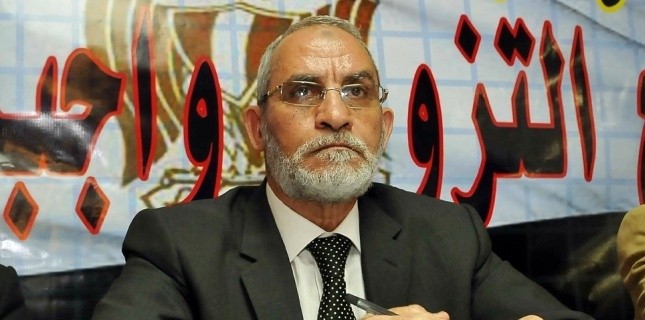It’s difficult to classify the Lithuanian film “Vortex; on one hand the story is grounded in a grim reality, and on the other, many scenes veer towards the artistic, the abstract and sometimes the surreal.
Set during the reign of the Soviet Union in the last century, the suffering of the characters is inescapable. But according to the producer, Goda Rupeikaite, that’s only the background; what the film focuses on is human relationships and the unspoken emotions.
Scenes that capture this period of Lithuanian history are pitted against theatrical abstract shots, where the setting, the lighting and the dialogue seem more fitting on the stage of an experimental theater.
To further enhance this artistic tendency, the film was shot in black and white. The shooting started in color, Rupeikaite explains, but when the crew went through those few scenes, they thought black and white would work better.
“We wanted to make it as artistic as possible, she says.
But that wasn’t the only reason why black and white was chosen. Rupeikaite notes that the lack of color is more befitting of the era in which the film is based. Not only does it induce a sense of the past, but it also captures people’s lives in this period better.
“People’s lives weren’t colorful at all . [Their lives] were similar to each other. There were no choices. Colorless images reveal the atmosphere.
“And in black and white we discovered a lot of colors, Rupeikaite says.
The film, which is representing Lithuania in the Cairo International Film Festival and the Oscars, follows Jusik’s life from childhood to adulthood. As if inspired by the book it’s based on, the film is divided into chapters: childhood, youth and adulthood. Other chapters are included to provide background on two other characters, a man from Jusik’s village and Jusik’s wife.
Marred by the death of his father and then his best friend, the first two chapters set the direction of Jusik’s life and the guilt that will shape his decisions throughout it.
But from the beginning, the realistic scenes are intertwined with the abstract artistic shots. The camera moves between Jusik’s mother’s arduous farm chores, which he seems oblivious to, and the beautiful countryside he explores with his best friend Vidas.
As Jusik moves to the city, in the chapter about his adulthood (adequately titled “the women ), the outdoor scenes decrease, leaving room for the camera to focus on Jusik and the people he meets. It explores his interactions with them, portraying the era through the eyes of the people living in a workers’ hostel.
The camera further probes Jusik’s aspirations and frustrations as he moves in with Mashka, who he marries later.
The room they live in remains dark throughout most of their intimate interactions with a spotlight focusing on what they communicate through silence, the words that get them closer and the words that drive them apart.
Their relationship takes precedence over other external hardships. The insecure Mashka opens up to Jusik, telling him about her life, her tough childhood and her rape. He remains discreet, leading her to believe that his friend Vidas is still alive, living his dream of sailing around the world.
Here, as Rupeikaite told Daily News Egypt, many elements are lost in translation. The dialogue, especially between Jusik and his wife Mashka, moves between Russian and Lithuanian. These lingual transitions were of course lost in the English and Arabic subtitles.
But fortunately, it’s not only through language that the cultural and personal differences are portrayed. Mashka’s hot temper is juxtaposed with Jusik’s subdued reactions.
What initially seems as indifference or restrain on Jusik’s part is gradually revealed as insecurity. He has been taken care of throughout his life by stronger women, who shielded him from hardships and took decisions on his behalf. When the women die or leave him, he’s left with nothing but desperation that leads him back to the place where his friend died.
Here the written introductions to the chapters of his life – which are reminiscent of silent films – change from mere titles to a sentence directly engaging the audience in a conversation. The director’s interjection at the end offers the possibility of a more hopeful ending, but also leaves the audience to ponder on the desolation that has marked Jusik’s life.

